In celebration of Hispanic Heritage Month, we’re highlighting the rich flavors and the diverse cultural roots that shape our world by kicking off a new series that will spotlight the culinary artisans and tastemakers who infuse their heritage into their craft.
Over the course of this series, we'll be spotlighting visionaries who will share their personal stories, insights, and recipes that have shaped their relationship with food. Join us on this exciting exploration as we savor the flavors, traditions, and stories that make our heritage an invaluable part of our global cultural mosaic.
To kick off the series, we're featuring Felipe Donnelly, acclaimed executive chef and owner of Latin American-inspired restaurants Comodo, Comparti, and Colonia Verde. Felipe's culinary journey is a testament to the power of heritage and the joy of sharing food with loved ones.
Let's dive into our conversation with Felipe as he shares his culinary experiences and the unique flavors that define his heritage.
Interview with Felipe Donnelly
SIMPLi: Felipe, thank you for joining us today. To start, can you share a bit about your heritage and how it has influenced your culinary journey?
Felipe: Food, for me, is intrinsically connected to memories. Specifically memoires of sharing food with friends and family. This is where heritage is born. Connection to those flavors are handed down from generation to generation not just based on what ingredients we use but by the memories they induce. Some people have the memories of standing over a large simmering pot while their mother or father meticulously added some ingredient or other. Some others have the memories of sitting around a table and breaking bread together. I for one did not have the former, as my parents were not the best of cooks, but the gift they did hand down to me was the power of the experience around eating, and they were professionals at it.
It wasn’t until I was 18 that I realized that I loved cooking. This realization came to me when I started college and all the cafeteria food in my new American university held nothing to the flavors that I was accustomed to. Little by little I started to recreate the flavors that I grew up with, Colombian, Brazilian, and Mexican all from my tiny dorm room kitchen. Soon after I realized that cooking was a real passion of mine is when the dinner parties began, because for me what's the point of cooking amazing meals if you are not going to share them?
12 years later I would open Comodo with my wife in the West Village. A restaurant whose sole purpose was to recreate the Latin American dinner party. Our motto, and one that we still hold very dear to what we do is “la comida compartida sabe major” or “food tastes better when shared.” The menu I created for this restaurant as well as for all the ones that we would open in the coming future is an autobiography in food. Drawing from those experiences that my parents gave me and the flavors they introduced me to across all the countries we lived in and visited.
SIMPLi: Are there any traditional dishes or ingredients that you love to incorporate into your cooking?
Felipe: My food isn’t traditional, it’s very personal. It becomes a play with tradition and creativity.
While the ingredients and techniques I use are very much traditional the flavors are far from what people consider ‘authentic’. In fact that word is nomenclature that has been bastardized in the pursuit of some sort of reality. American culture never searches for authentic hamburgers or authentic mac n’ cheese, but it is always searching for that when it comes to Mexican, Italian, or any other ethnic cuisine. The truth of the matter is that authenticity, as used in these examples, does not really exist for me. My food and my cooking are a personal expression of the flavors I grew up with. Be it, flavors from memories or flavors that I have created along the way.
With that said, it would be impossible for me to cook Latin American food without using the proper corn, chiles, or potatoes that are very much a staple throughout these countries that I represent. Along with these you will also find tacos, arepas, ceviche, ajiaco on my menu as well as special sauces such as recado negro, chintextle, huancaina, chimichurri, salsa verde, all with my own very personal take on them.
SIMPLi: Can you share an example of a dish that beautifully represents the intersection of your heritage and your craft?
Felipe: For me it's so much more than one dish that represents what heritage is to me. Instead of looking at the menu as a whole, you will get a much more clear understanding of the picture I want to paint. Latin America runs through my veins, I want to exemplify that through the use of its ingredients and whatever creativity I can bring to it. For me, the use of the best ingredients I can get is the foundation of any good plate.
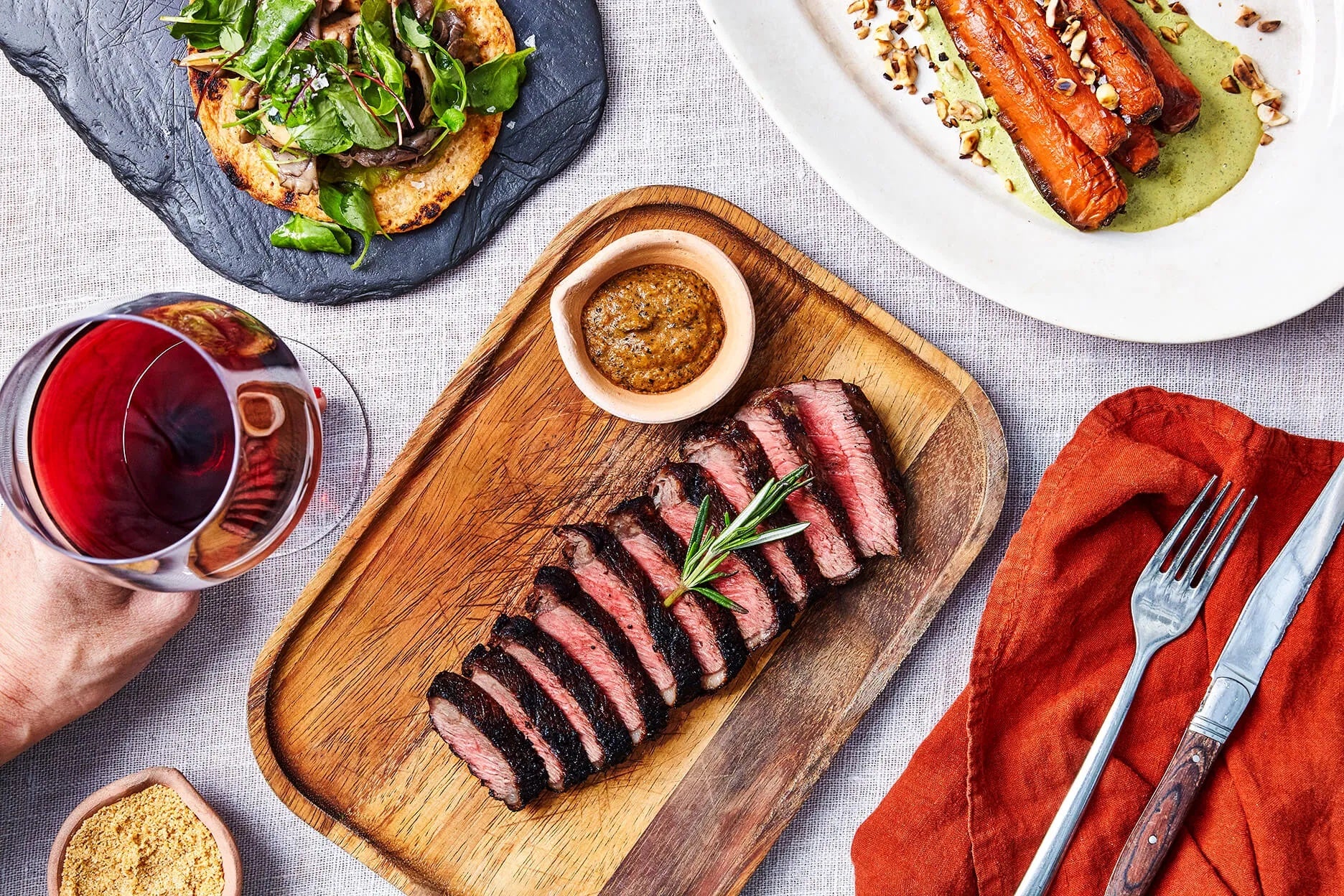
Photo credit: Colonia Verde
SIMPLi: Do you believe that food plays a unique role in preserving cultural traditions, and if so, how?
Felipe: We hosted an event this week where we had a guest chef from Mexico come and talk. There’s an exodus of talent in his city, and he feels a responsibility to carry on the torch for Mexican food culture. It’s too much for one person.
I do and I don’t. It’s very personal and unique. I want to keep the traditions alive with my children.
SIMPLi: Food plays a significant role in Hispanic celebrations. Can you share a favorite recipe that holds special meaning for you and your heritage?
Felipe: If there is one particular dish that I love and cherish it would have to be the Ajiaco Santafereño soup. It is a very traditional soup from the Bogota region in Colombia (think highlands and cool humid temperatures). It is essentially a potato stew with chicken, corn, and an aromatic herb called guascas. Traditionally it is made using three different and very specific potatoes (criollas, pastusas, and sabanera) as well as the guascas which in the US they are considered a weed (you can actually find them growing wild in Central Park). I took the challenge to make the Ajiaco, but instead sourced potatoes that I could find locally in the NY region.
Growing up we would absolutely love having this soup. We knew it was ajiaco day because my mom would pull out the special clay bowls that she would only use for the ajiaco. They would be laid out on the dining table will all the small plates for the accoutrments. Eating ajiaco is not just a tradition but its also a ceremony of types. You have your base soup served in front of you as well as a separate plate for the pulled chicken, avocado, capers, sour cream, and aji or spicy sauce. You add each ingredient to the soup per your liking. My brother hated capers, so he never had any, I on the other hand would always serve a massive spoonful of capers with extra brine. This was the take that I had of the soup, and growing up throughout Latin America, I never had access to the right type of potato (but we always had a good amount of dry guascas handy). So for me, the actual specific potatoes weren’t necessarily the important part, it was the way it made me feel, the amazing flavors that brought all the family together.
SIMPLi: Food has a unique power to connect people across cultures. How do you hope your culinary creations contribute to a broader appreciation of Hispanic heritage and culture?
Felipe: The power of food transcends that one thing that we feel is most important, which is flavor. In fact, it hits every single one of our senses so much so that I feel taste is the last one the list. The way a dish is presented, the way it smells, or how it sounds before eating it, what are the textures when cutting into it and finally what does it taste like. We eat with all of our senses, but its that extra sense that we rarely talk about. I do not mean this in any esoteric way (even though the spiritual importance of food is present) but in the way that we share the food. In my opinion this is the most important aspects of what our Hispanic Heritage gives to the world.
As mentioned before, we fully belive in the idea that food tastes better when shared. However this does not mean that you need to come in as a large group or you cant be a single dinner. Quite the contrary, it is our responsibility to make you feel as part of a community when you come in to our restaurants. These are dishes that we want to share with you, just like my parents shared them with me. The recipes might be my very personal take on dishes that are classics throughout Latin America, but what we strive for in the restaurants is to give you a glimpse into what it feels like to break bread in Latin America. And we hope you enjoy it!



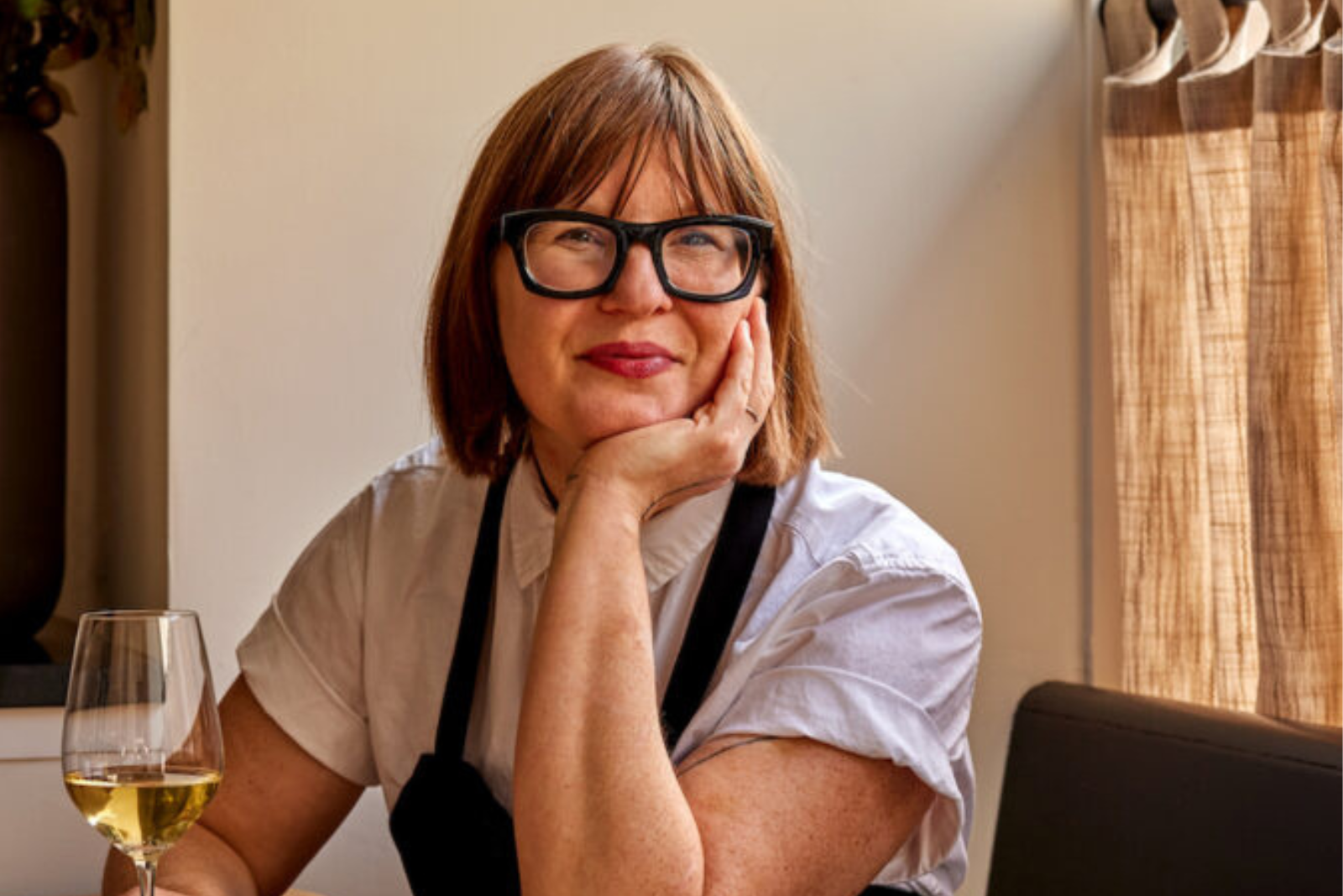
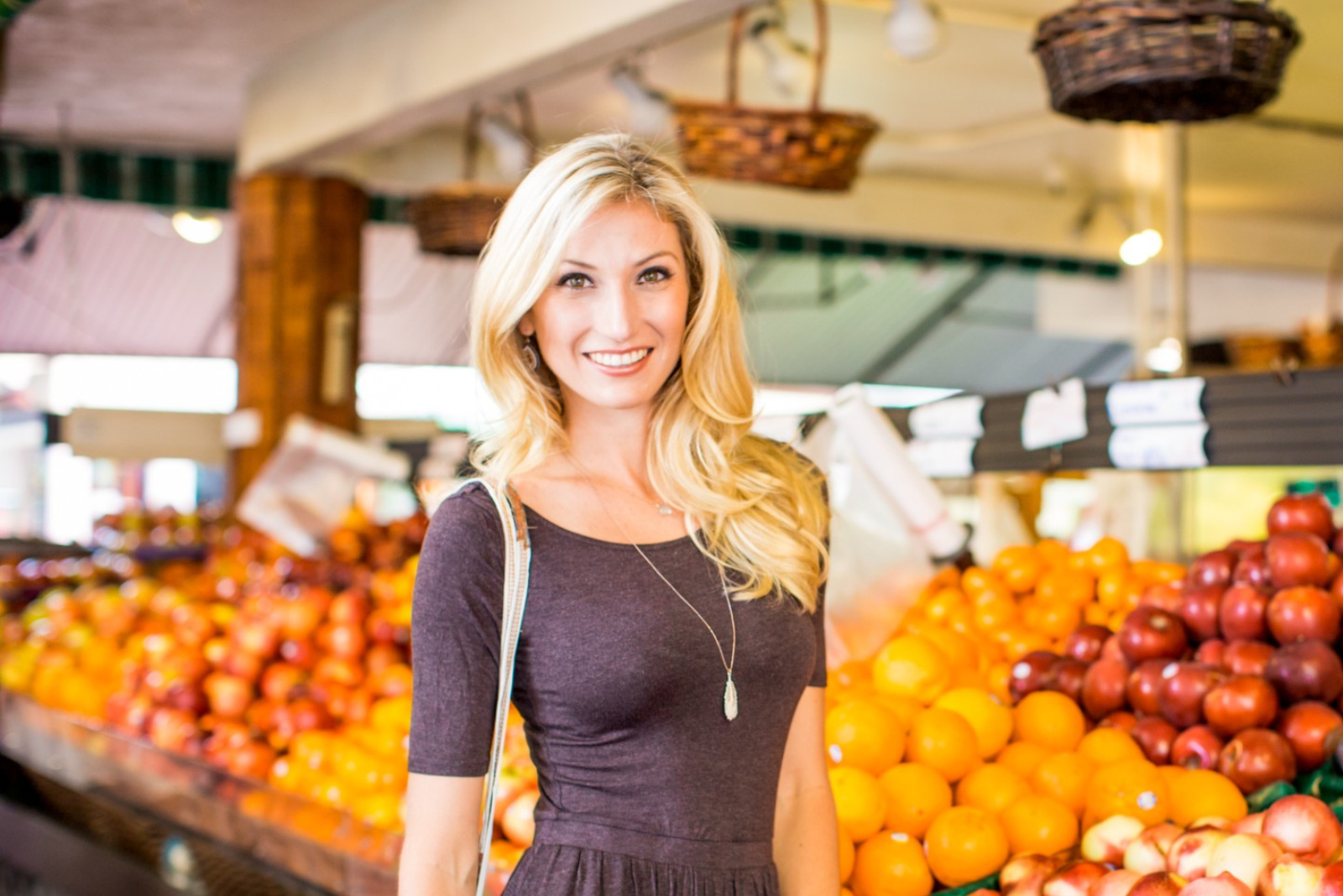
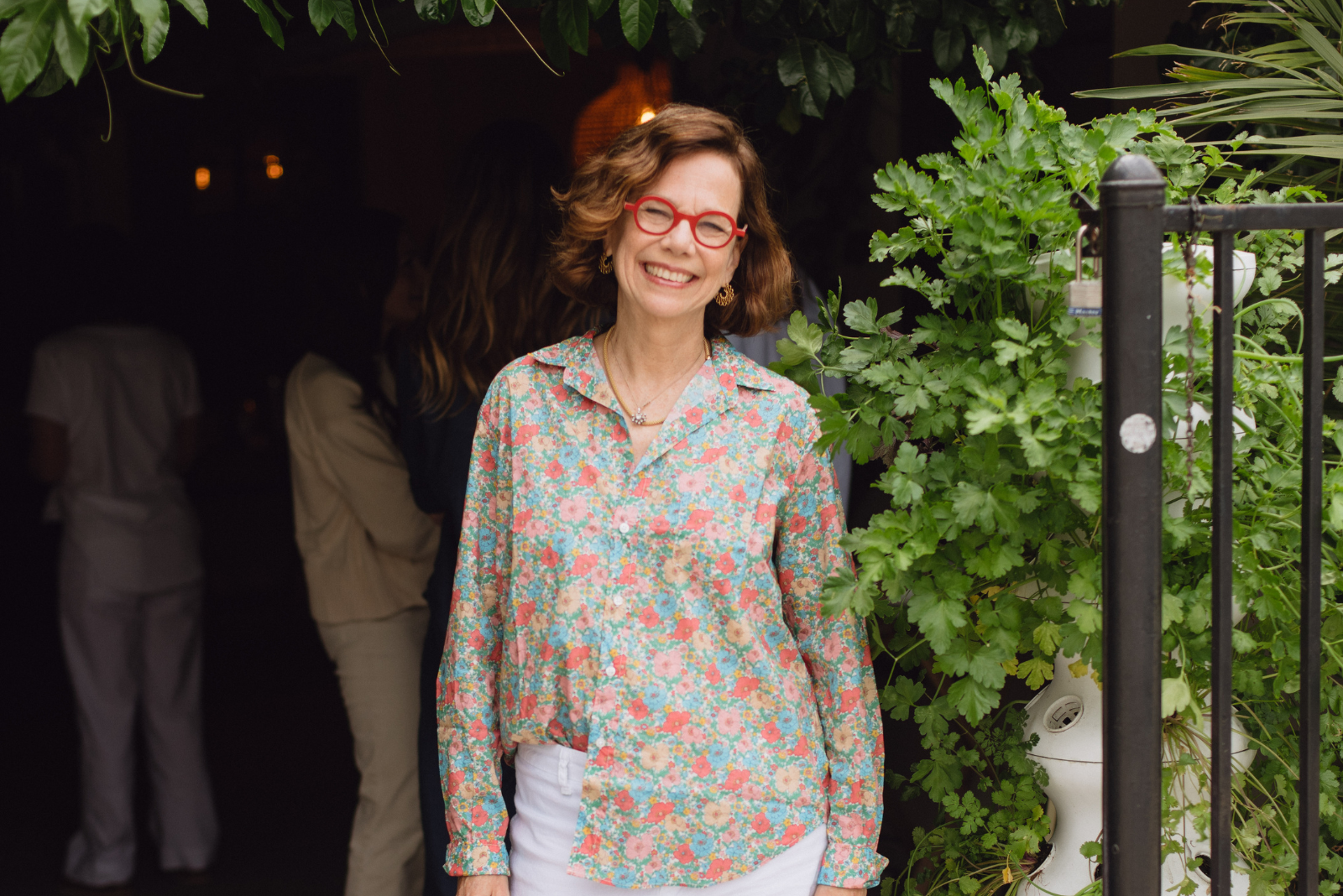
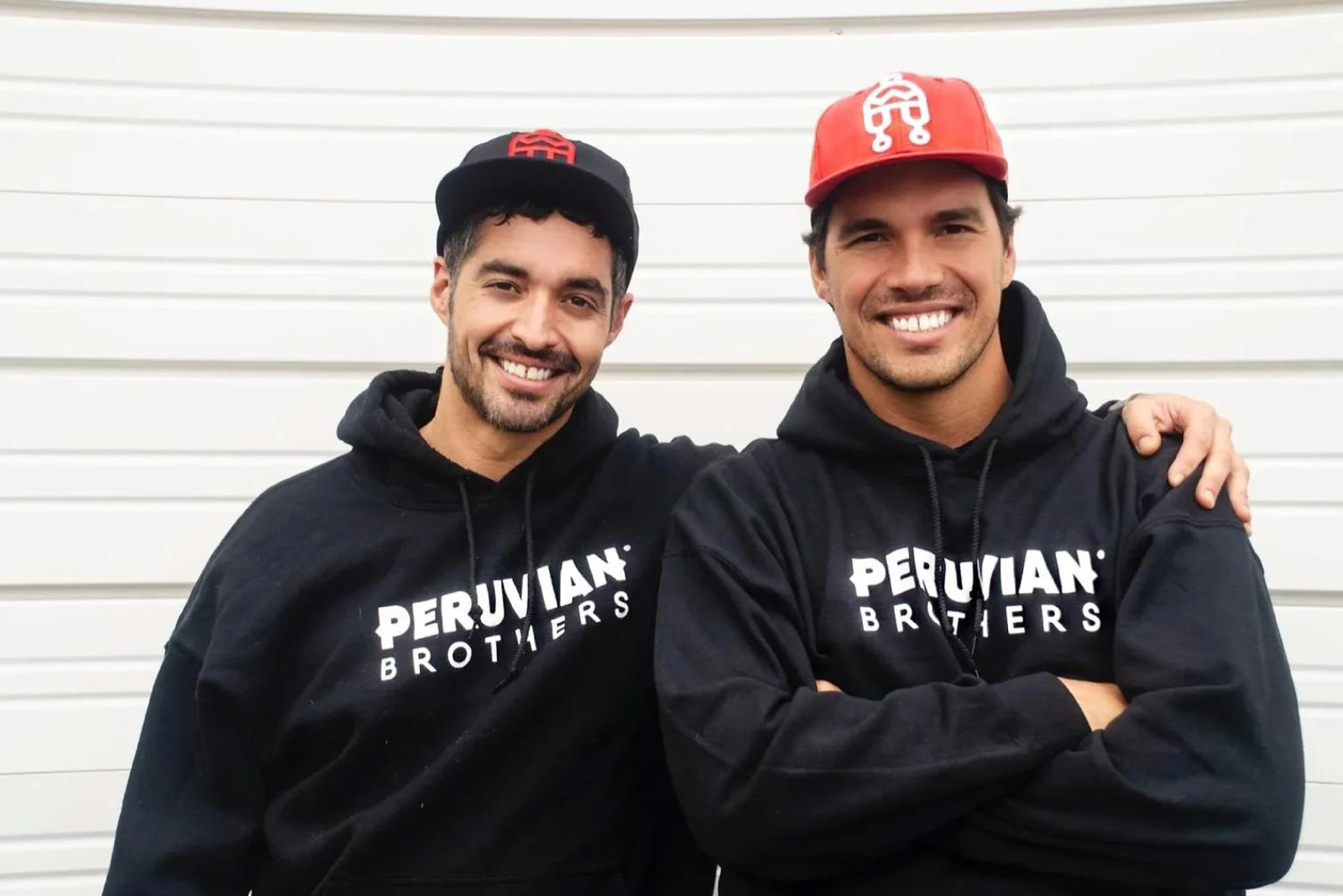

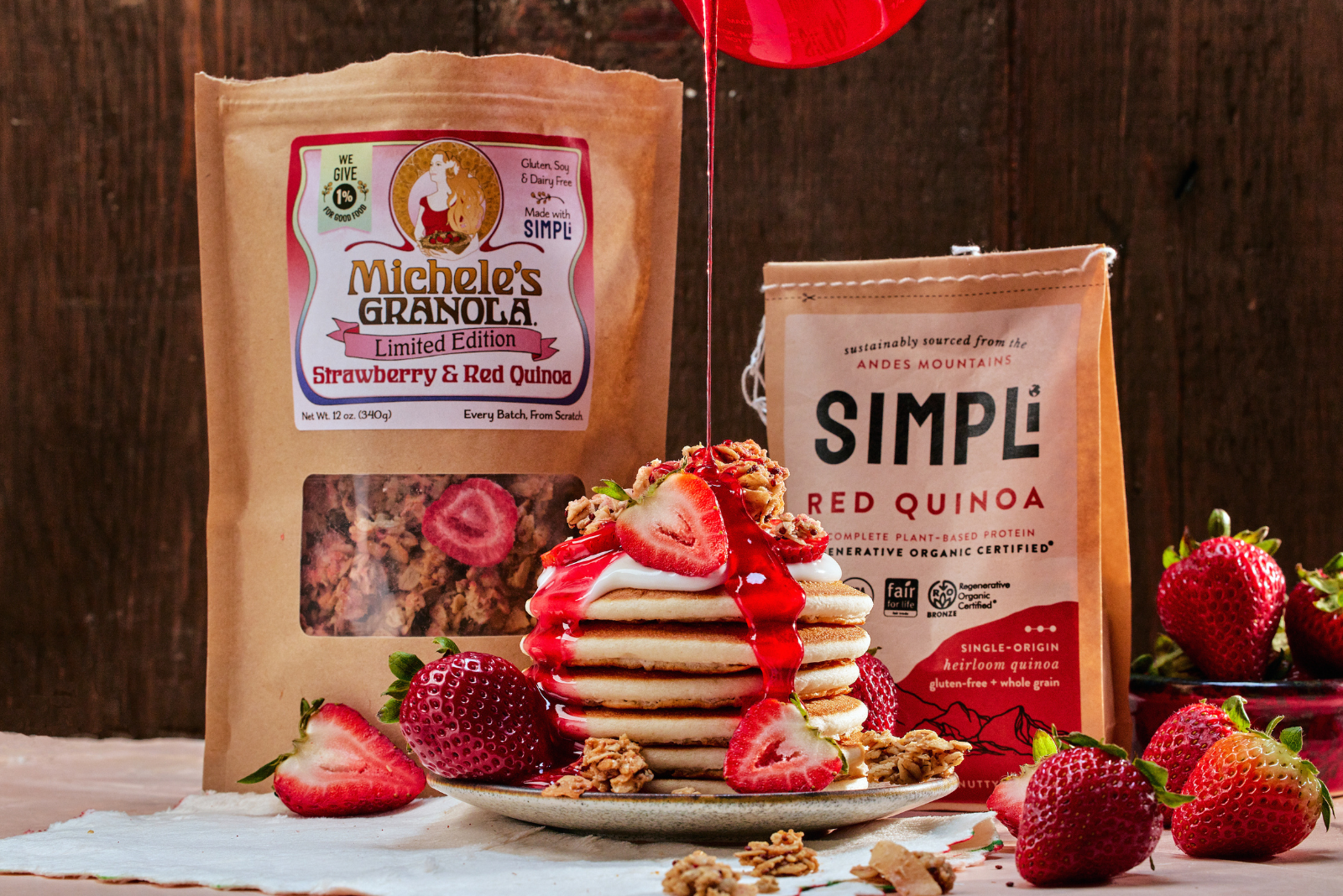
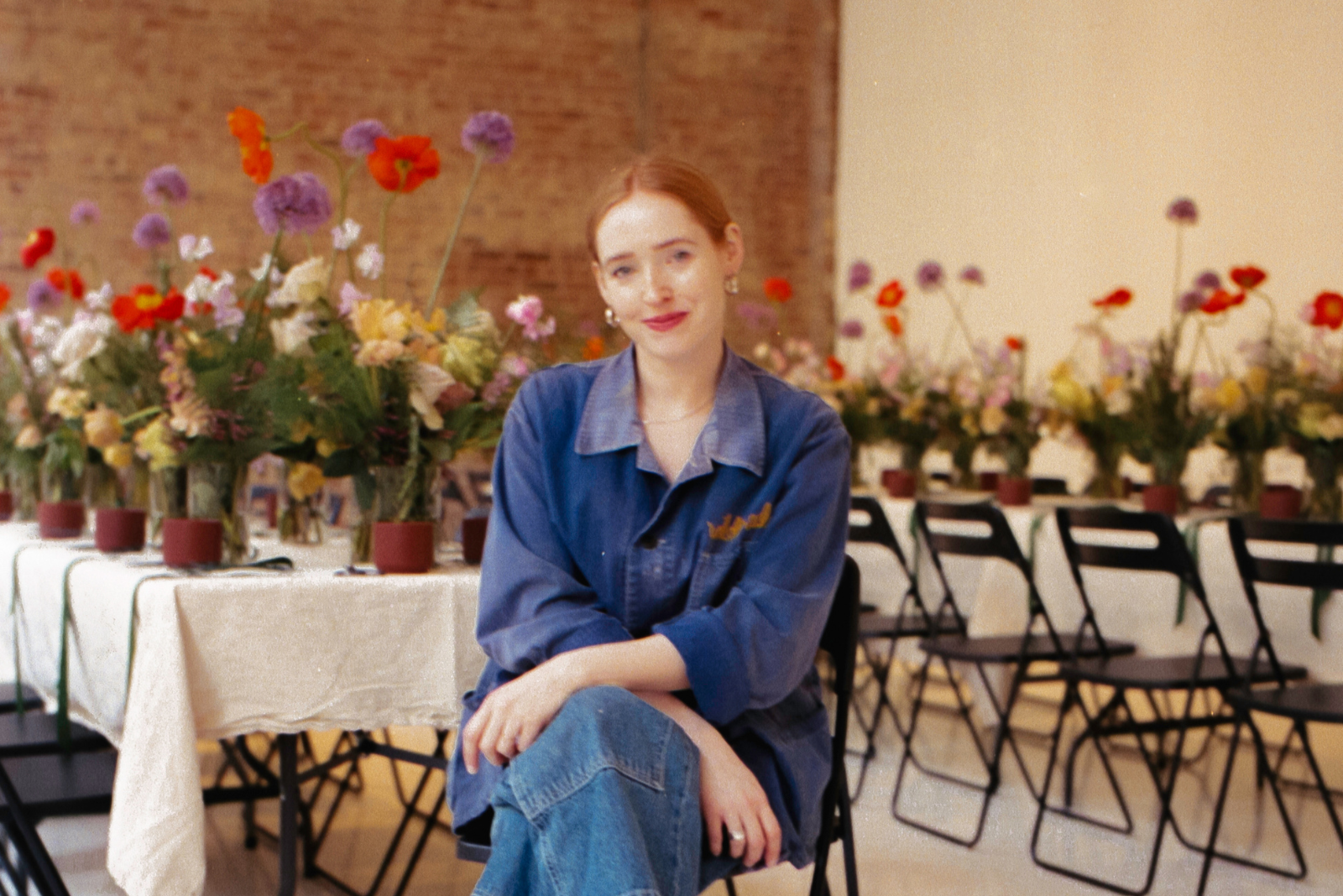
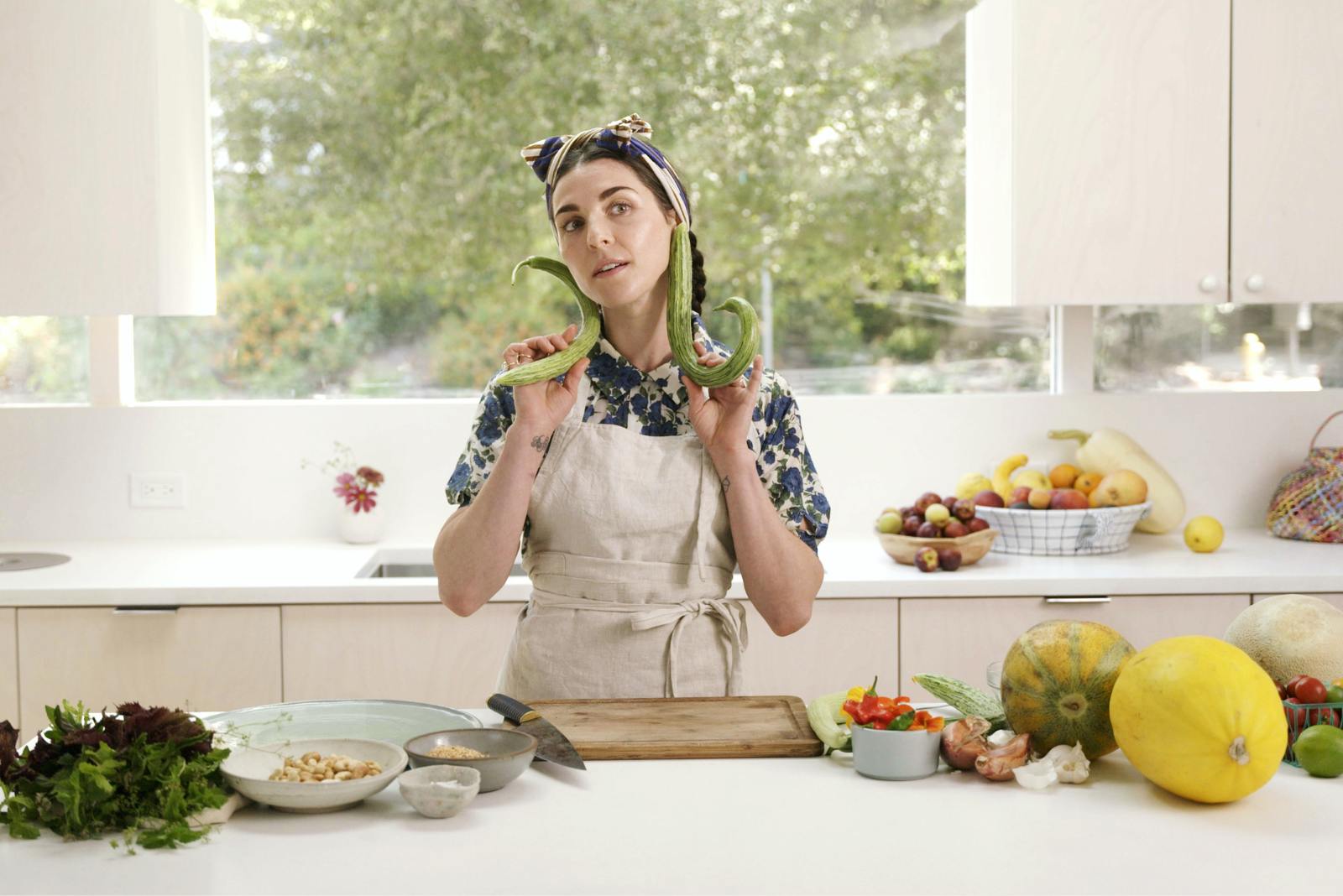
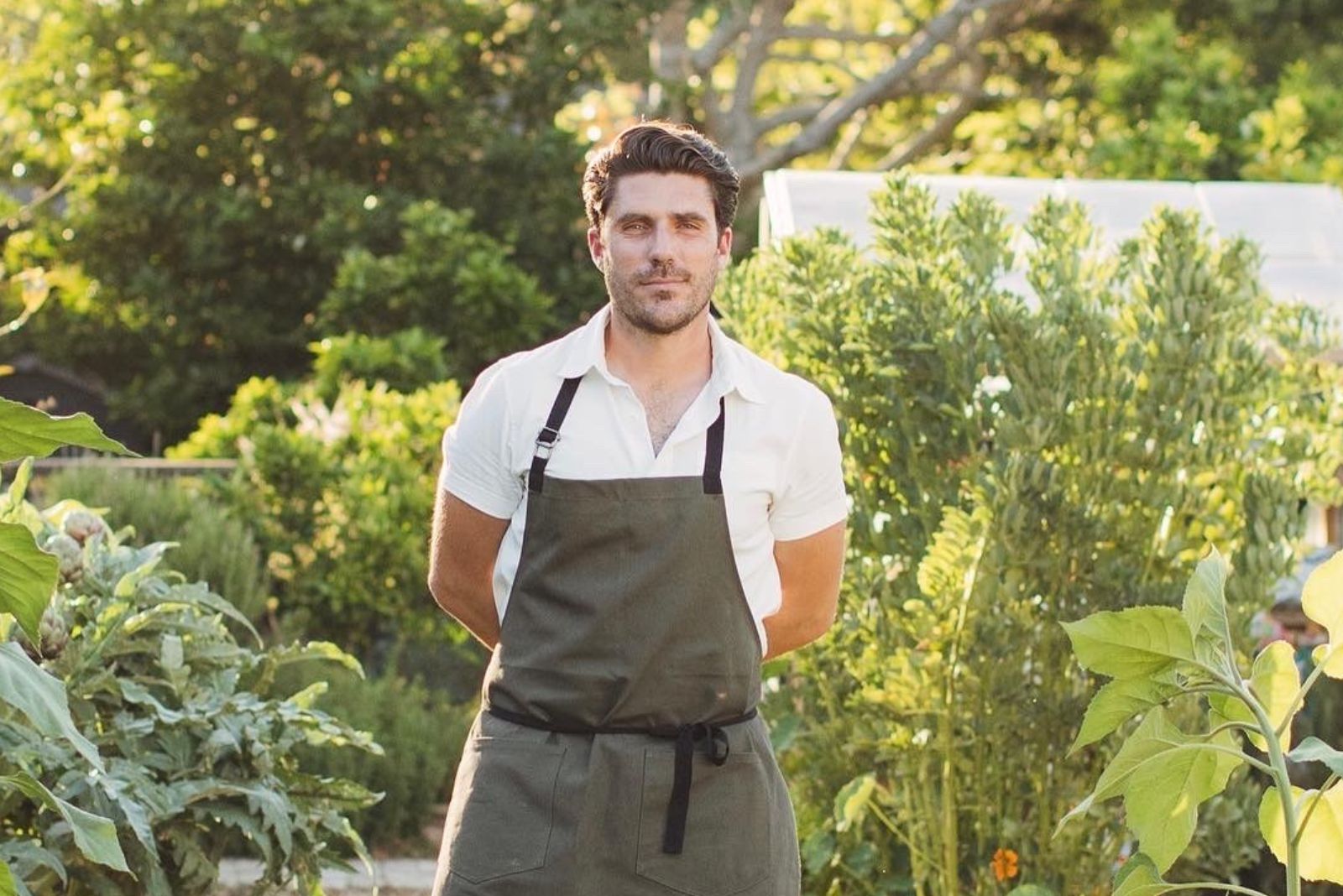
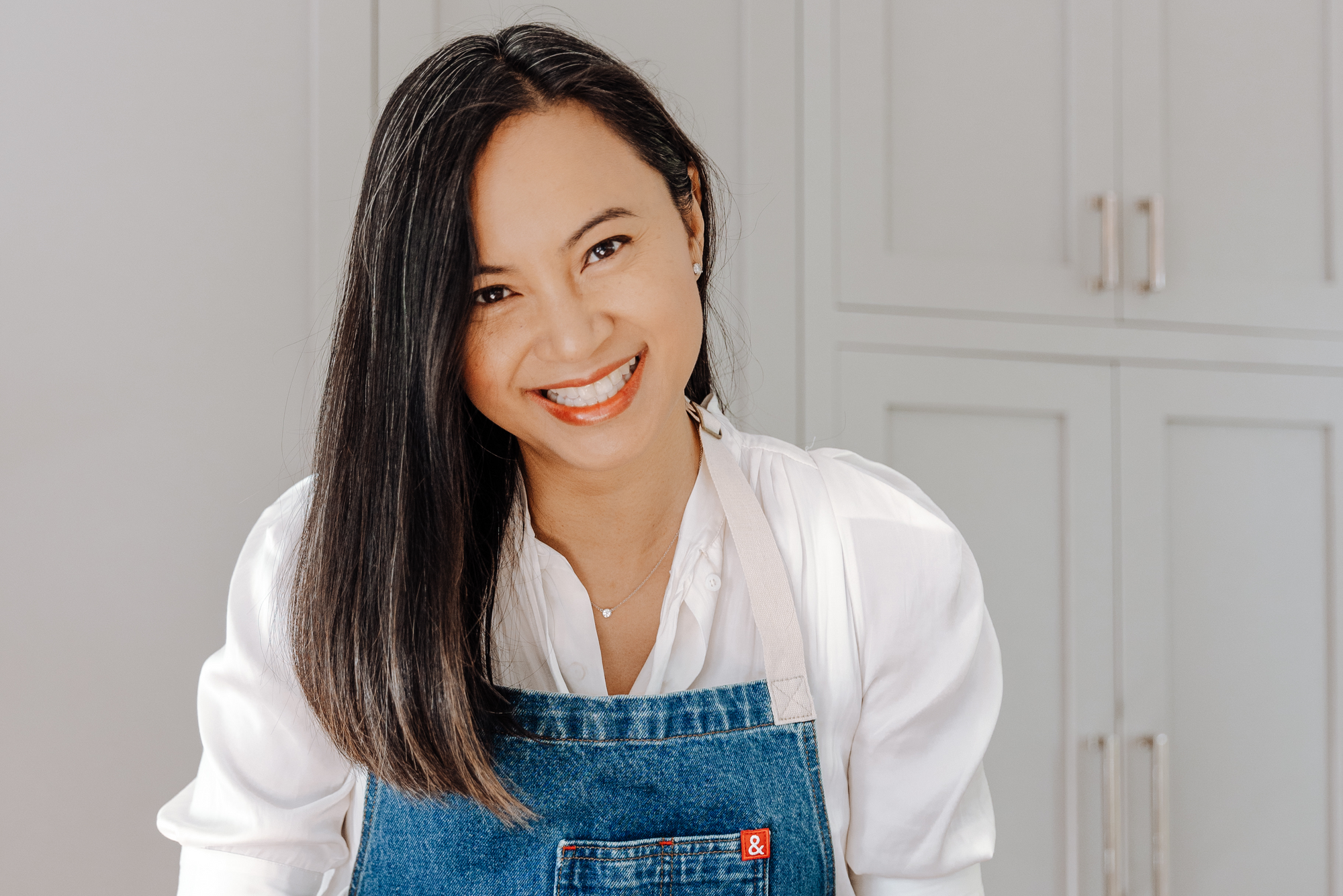
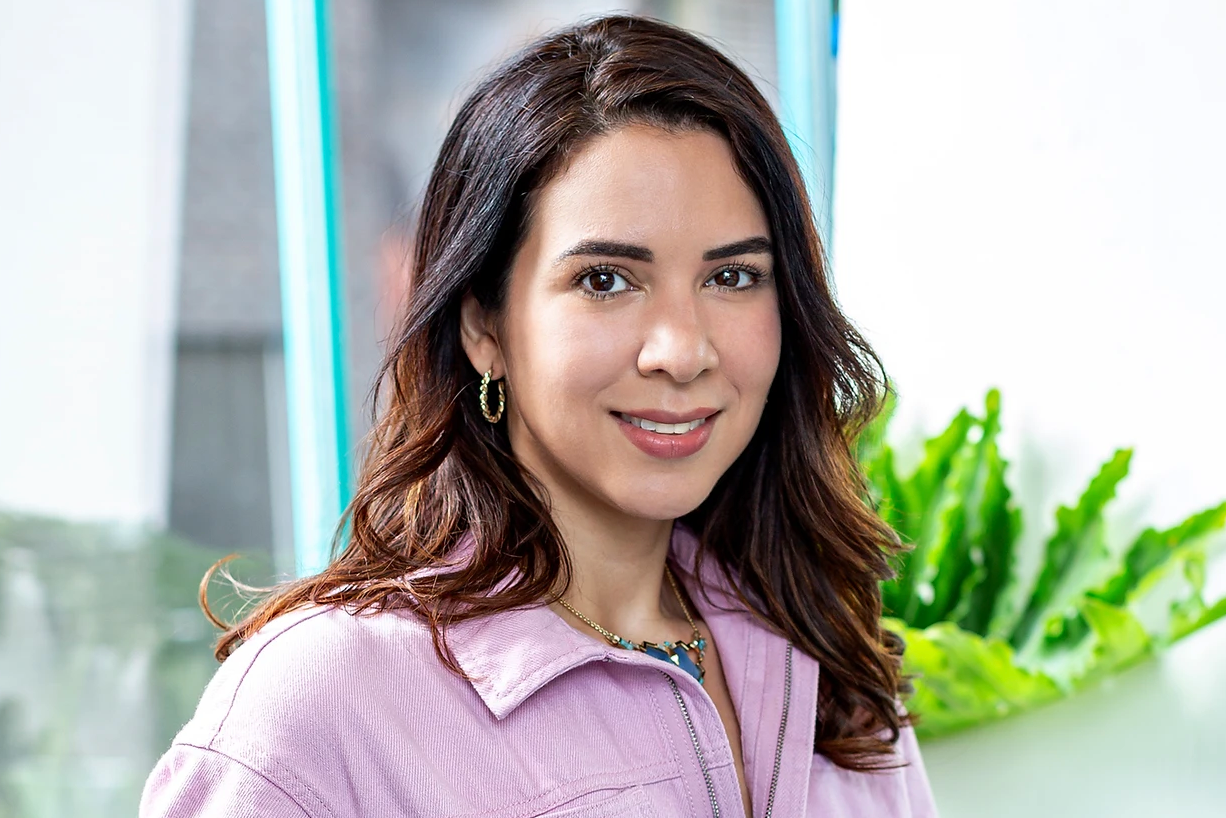
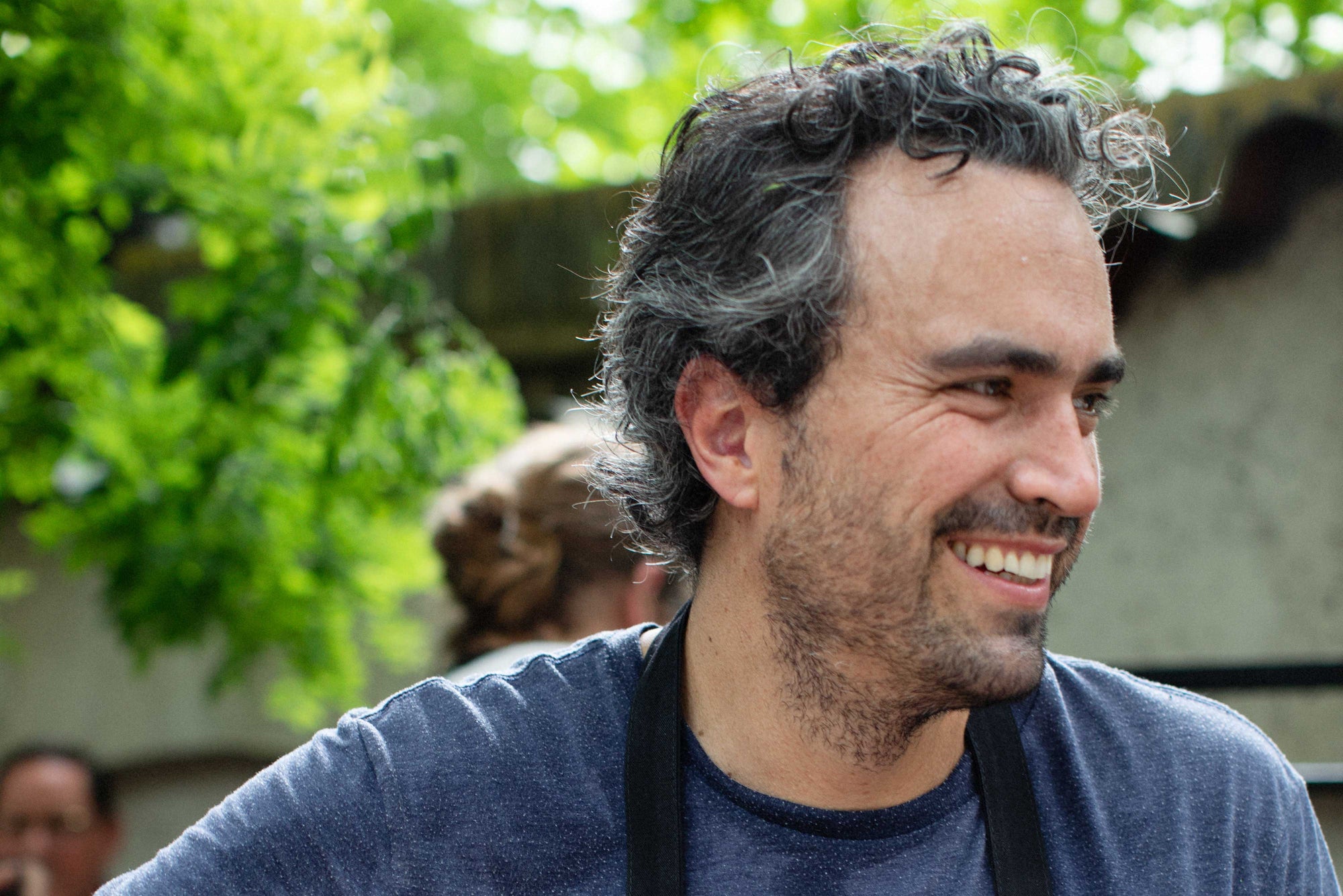
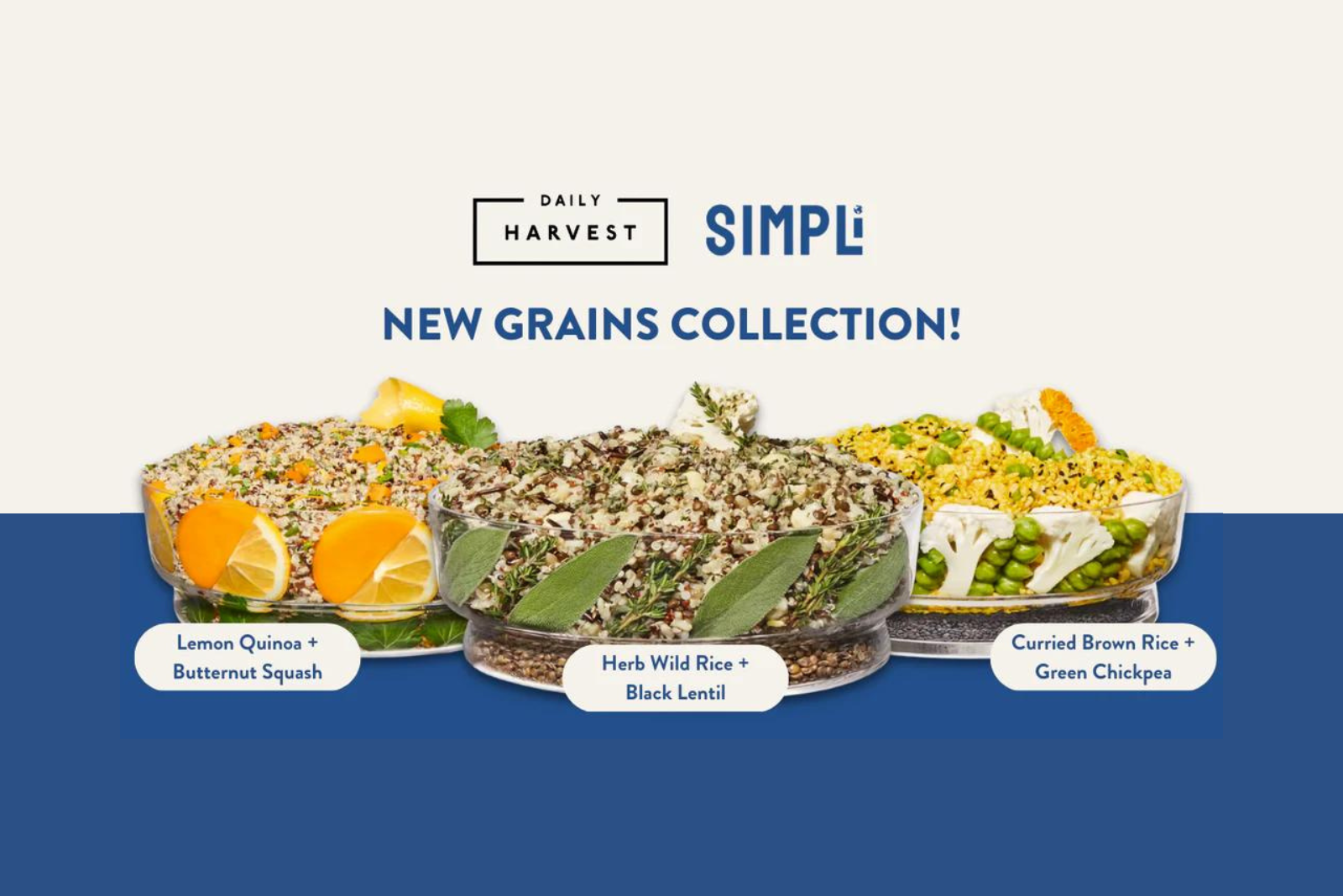
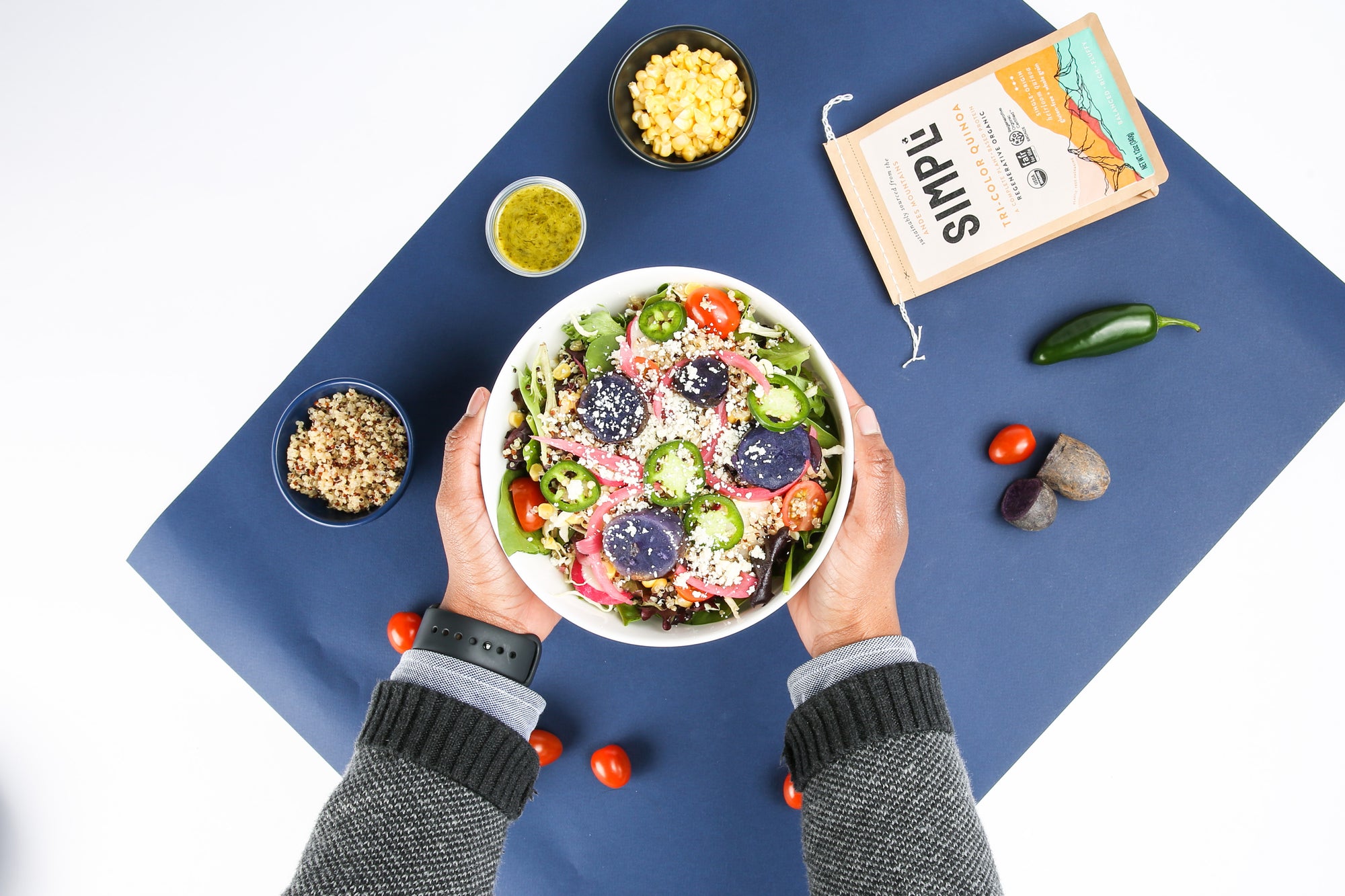
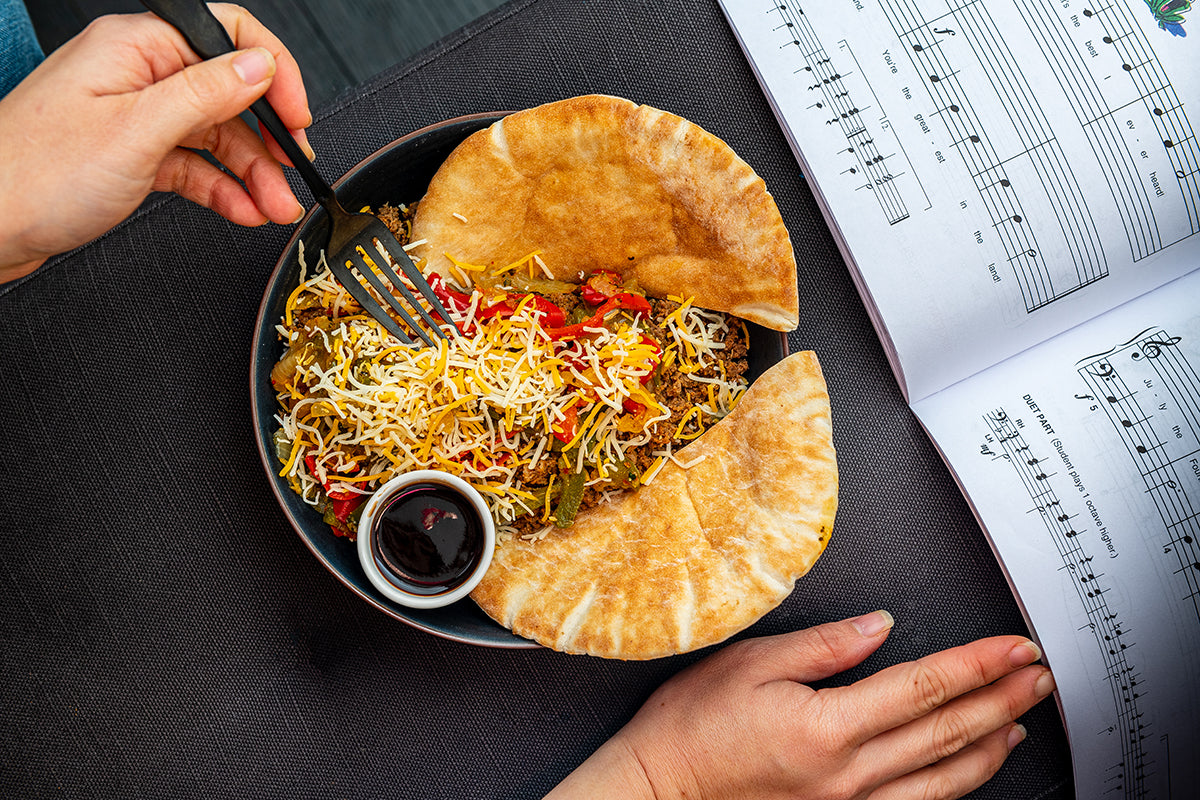
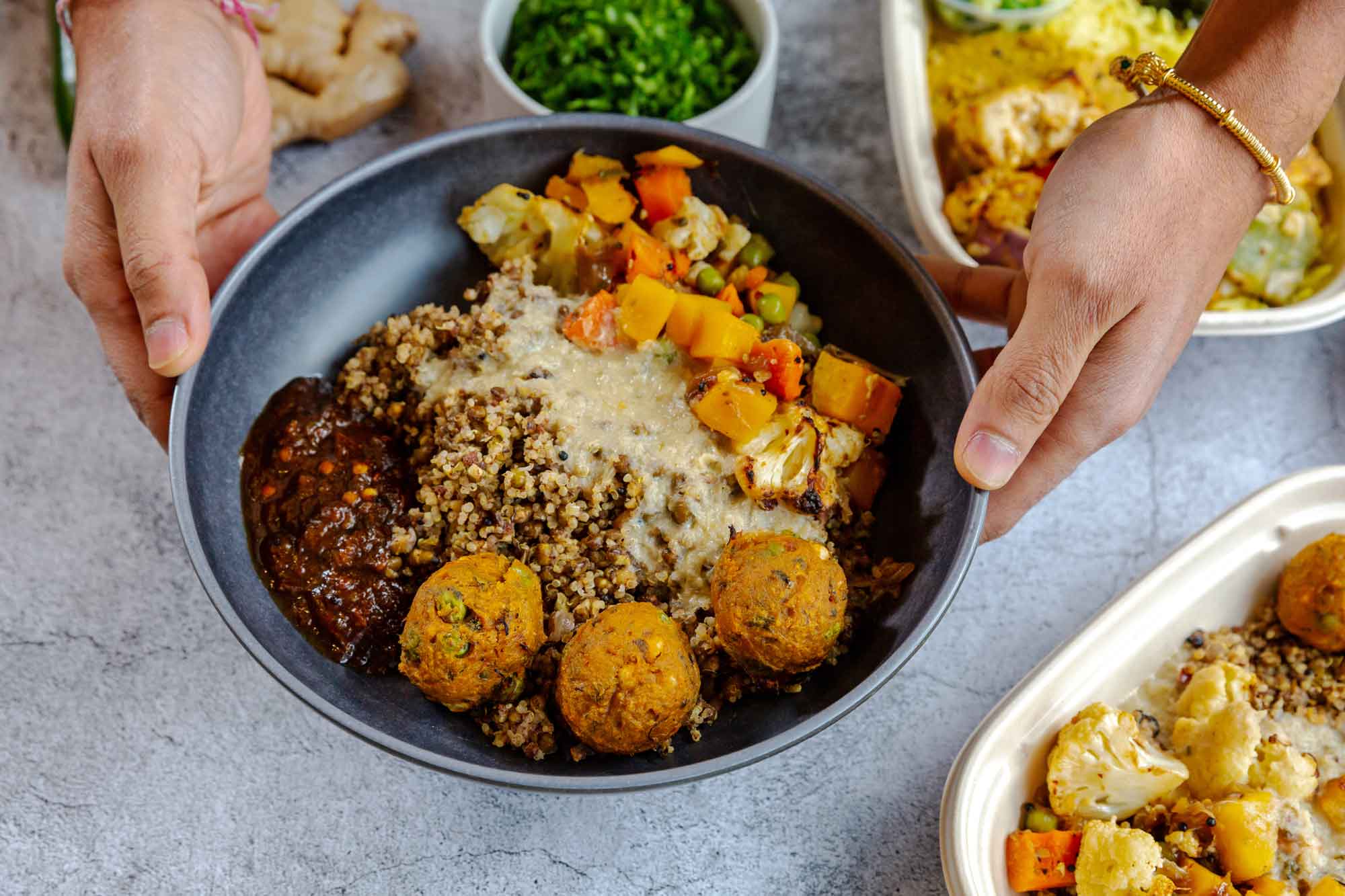

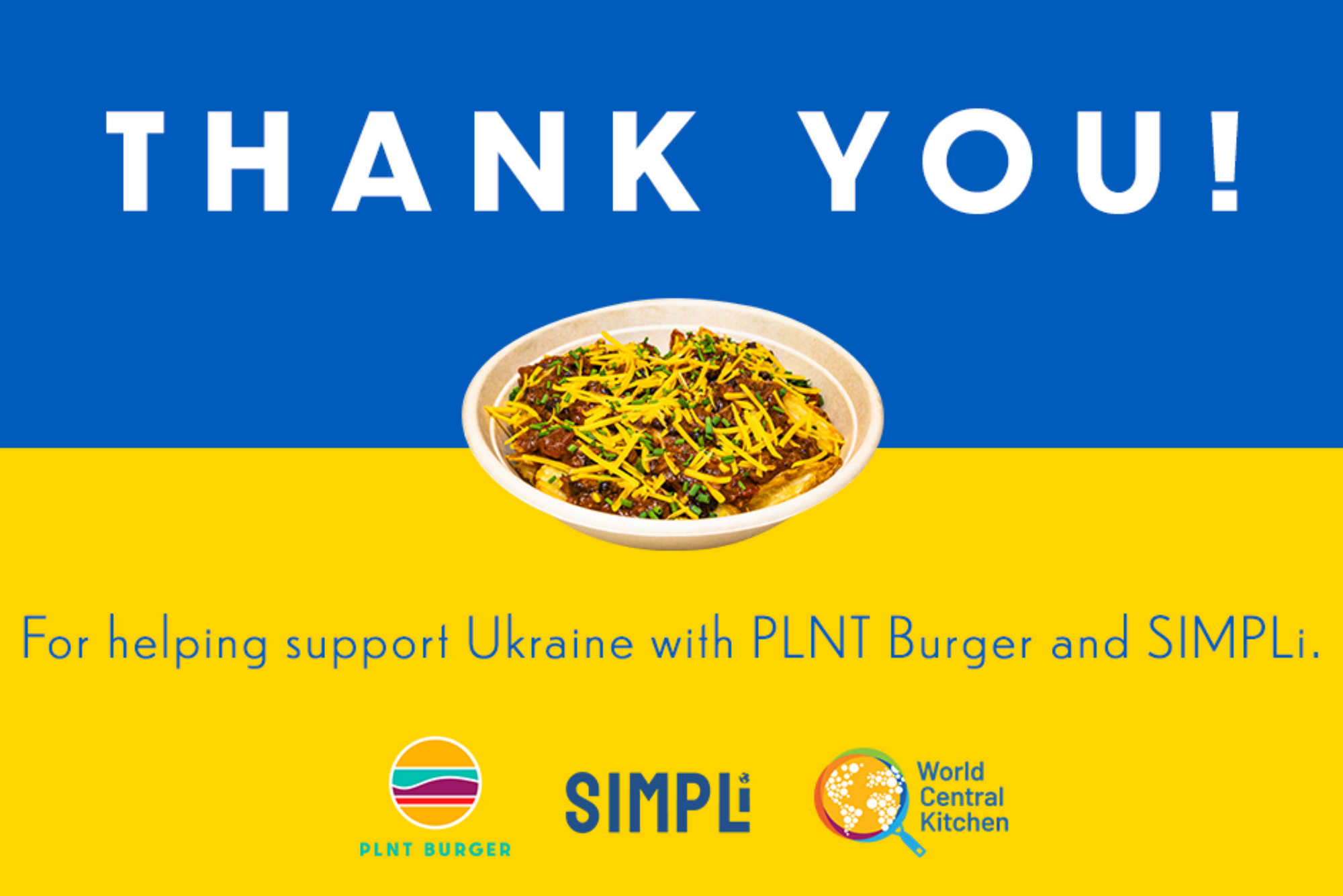
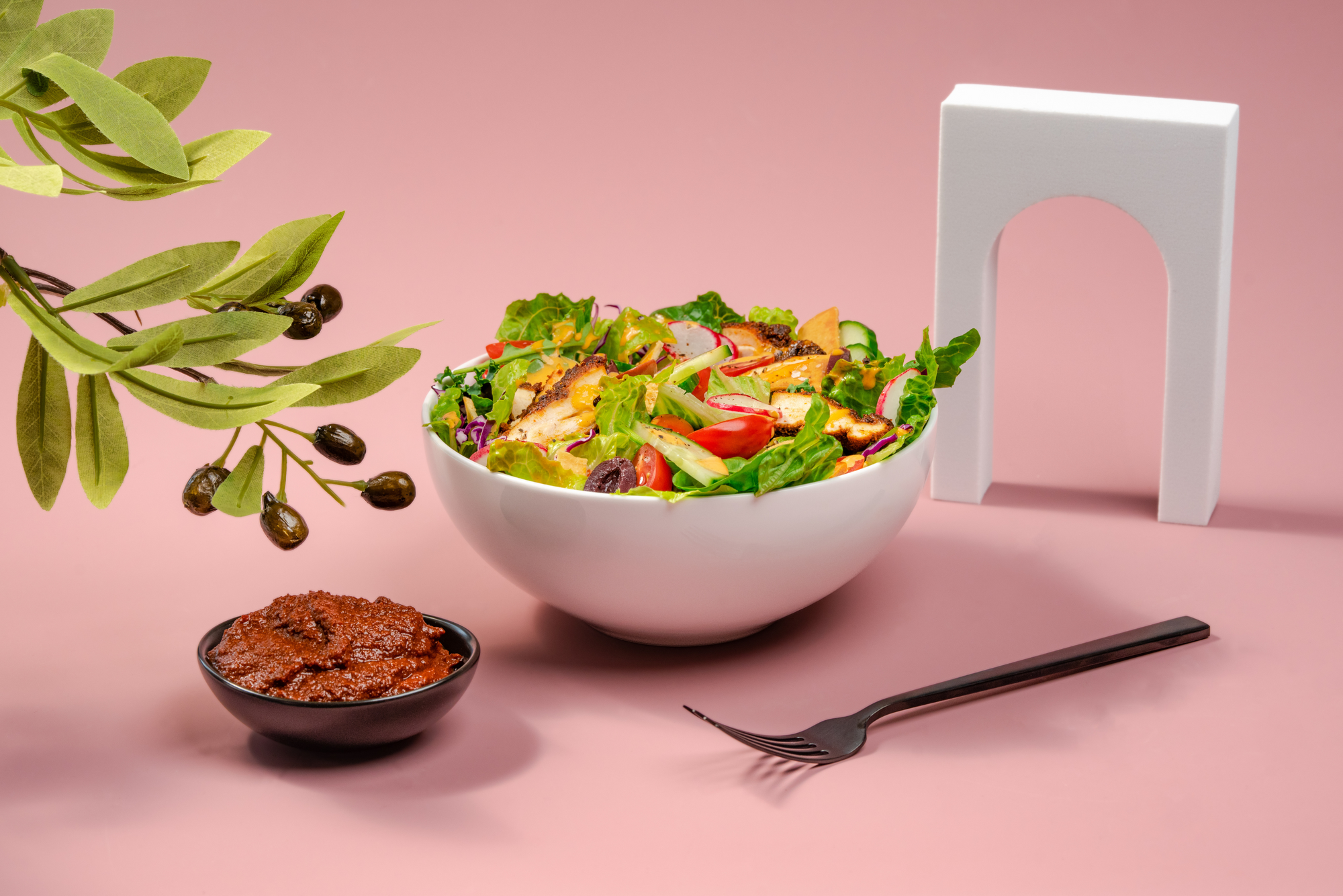
1 comment
Memories, flavors and ingredients, all connected with Felipe’s life experiences…He transmits the pleasure of sharing food which transcends barriers and it becomes a ceremony of festivity and joy.